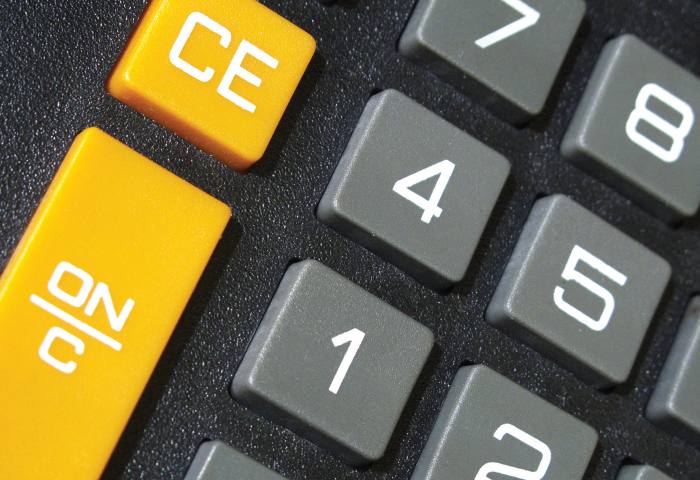
When the time comes to start accessing benefits from a pension for the first time, there are many considerations – and taxation of the payments should be one of them.
Understanding the process will avoid a nasty shock and enable the scheme member to get the best outcome. This isn’t an issue for defined benefit pension schemes or annuities: there aren’t the same options or issues associated with what is known as secured pension income, because it can’t be changed like income taken under the pension freedoms introduced in 2015.
Considerations
The first thing to consider is if there is any need to take taxable income from the fund: if there is a sufficient pension commencement lump sum – the tax-free amount – available to meet immediate needs, and as this is going to be a one-off payment, it may be worth considering not accessing taxable income at this time.
The implications of taking taxable income are more than just the tax paid, given the member would then be subject to a reduced annual allowance of £4,000, called the money purchase annual allowance. This isn’t an issue if the individual is truly retiring and will not want to make any future pension contributions, but more and more people remain in work or return to work after a break.
The second consideration if they do need to access taxable income is how this should be taken.
If an annuity has been discounted as an option, this leaves drawdown or an uncrystallised funds pension lump sum. For regular income, drawdown is likely to be the easiest and probably cheapest option. It will also usually mean less hassle with regards to taxation, as the taxation will sort itself out throughout the year and there will be no need to make any claims.
UFPLSs are usually used for single payments: they comprise 25 per cent tax-free and 75 per cent taxed income. As a one-off payment they can often result in the need to claim back tax paid, especially if the whole fund is taken as a single payment.
The biggest concern many people have is about the taxation of their pension payments. This should be a consideration, but ultimately the taxation will sort itself out one way or another, so no one will be out of pocket.
Emergency taxation
Emergency taxation will be applied when income or a lump sum is taken first. If regular income or lump sums plan to be taken, then the taxation will sort itself out over the remaining months in the tax year. This will usually result in an initial lower payment from the pension, but by the following month or so the extra tax paid will mean later payments within the year are higher to compensate.
The issues usually arise when single large lump sums are taken either under flexi-access drawdown or UFPLS. This is due to the tax code the scheme administrator must use and how it is applied.





